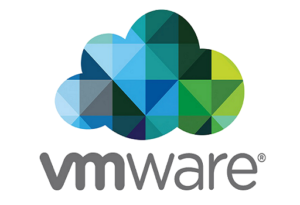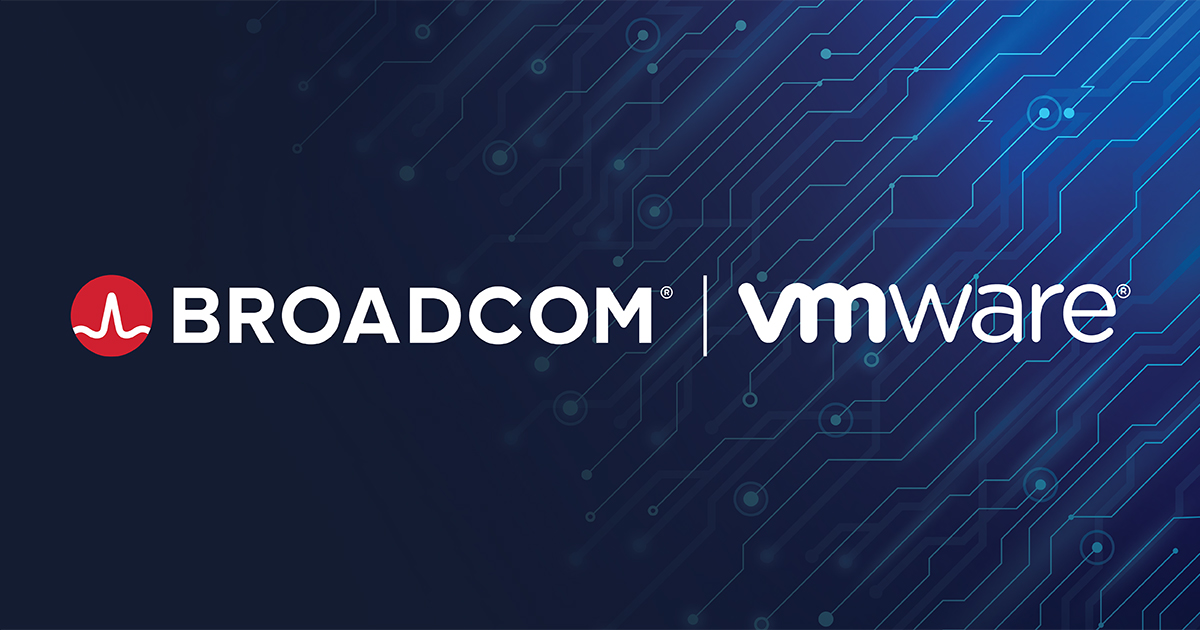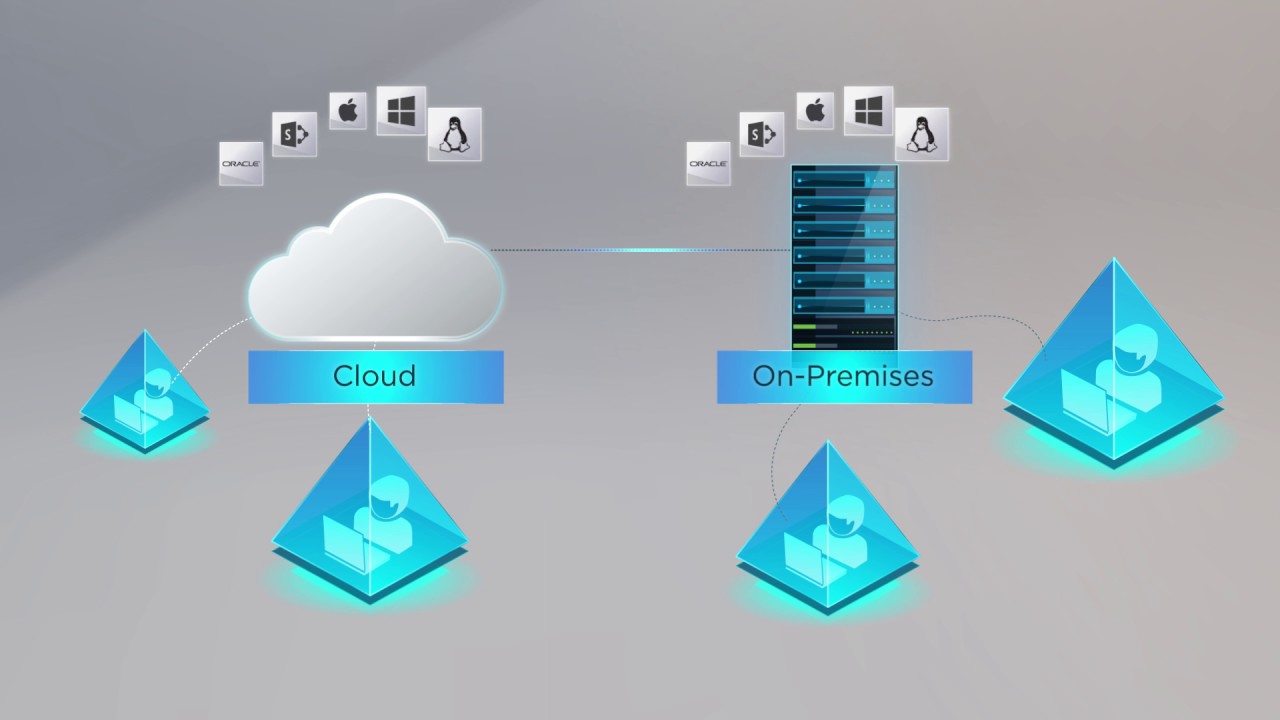On January 22, 2023, the tech world witnessed a monumental shift with the finalization of Broadcom’s acquisition of VMware for a staggering $61 billion. This landmark deal, one of the largest in tech history, sent ripples through the industry, sparking discussions about its potential ramifications for both companies and the broader tech landscape.
A Deep Dive into Broadcom – VMWare Acquisition
Understanding the Players:
Broadcom, a prominent player in the semiconductor and infrastructure software market, has established itself as a leader in hardware solutions. They boast a strong presence in areas like networking, storage, and broadband communication chips. However, their software portfolio remained relatively limited, prompting them to seek expansion in this crucial domain.

VMware, on the other hand, has carved a niche as a global leader in virtualization and cloud computing software. Their flagship product, vSphere, revolutionized server virtualization, enabling businesses to run multiple operating systems on a single physical server, thereby optimizing resource utilization and reducing costs. Additionally, VMware offers a comprehensive suite of cloud management and security solutions, catering to the growing demand for hybrid and multi-cloud environments.

A Strategic Move for Broadcom:
From Broadcom’s perspective, the acquisition of VMware represents a strategic move to bridge the gap in their software portfolio and solidify their position as a major player in the enterprise software market. By combining their expertise in hardware with VMware’s software prowess, they aim to create a comprehensive infrastructure technology portfolio that caters to the evolving needs of businesses. This expanded offering positions Broadcom to address the growing demand for hybrid and multi-cloud solutions, enabling businesses to seamlessly manage their IT infrastructure across on-premises, private cloud, and public cloud environments.
VMware’s Future Under Broadcom:
The acquisition has naturally sparked concerns about the future of VMware and its commitment to open-source technologies. Broadcom has historically focused on proprietary solutions, raising questions about potential changes to VMware’s existing open-source offerings, particularly its contributions to projects like OpenStack and Cloud Foundry. However, Broadcom has publicly stated its commitment to maintaining and investing in VMware’s core products and technologies, including vSphere. Additionally, they have emphasized their support for the open-source community, seeking to alleviate concerns about potential disruptions.
Potential Impact on the Industry:
The Broadcom-VMware deal has significant implications for the tech industry as a whole. It signifies a consolidation trend within the enterprise software market, with larger companies like Broadcom seeking to acquire niche players like VMware to expand their offerings and gain market share. This trend could impact competition and innovation in the long run, potentially leading to fewer choices and higher prices for customers. Additionally, concerns regarding potential anti-competitive practices arising from the combined entity’s dominant market position need to be carefully monitored by regulatory bodies.
Uncertainties and Opportunities:
While the full impact of the acquisition remains to be seen, it presents both uncertainties and opportunities. The combined entity has the potential to become a powerful force in the tech industry, offering comprehensive solutions for businesses of all sizes. They can leverage their combined expertise in hardware, software, and virtualization to develop innovative solutions that address the evolving needs of the digital landscape. Additionally, the acquisition presents an opportunity for broader market reach and increased investment in research and development.
However, several uncertainties need to be addressed to ensure a smooth transition and maintain customer trust. The integration process poses a significant challenge, requiring careful planning and execution to avoid disruptions and ensure the continued smooth operation of both companies’ products and services. Additionally, concerns regarding open-source commitment, product development roadmap, and potential price hikes need to be transparently addressed by Broadcom to maintain positive relationships with customers and partners.
Looking Ahead:
The long-term success of the Broadcom-VMware acquisition hinges on several factors, including:
- Effective integration: Seamless integration of both companies’ operations, products, and cultures is crucial to avoid disruptions and ensure the combined entity functions cohesively.
- Continued innovation: Maintaining a strong focus on research and development is essential to deliver innovative solutions that cater to the ever-evolving needs of the tech landscape.
- Commitment to customer needs: Prioritizing customer satisfaction by addressing their concerns regarding product development, pricing, and support is vital for maintaining trust and loyalty.
- Open communication: Transparent communication with customers, partners, and the broader tech community regarding the integration process, product roadmap, and open-source commitment is crucial to fostering trust and alleviating concerns.
The Broadcom-VMware acquisition marks a significant moment in the tech industry, with its potential ramifications rippling across various stakeholders. As the industry observes the unfolding of this mega-deal, it will be crucial to monitor its impact on several key aspects:
- Competition: Will the combined entity’s dominant market position stifle competition and innovation in the enterprise software market? Will smaller players face increased challenges in competing with this larger entity?
- Pricing: Will the acquisition lead to potential price hikes for customers, given Broadcom’s historical focus on profitability? How will they balance their financial goals with customer needs?
- Open-source community: Will Broadcom’s commitment to open-source technologies translate into continued support and investment in existing projects? How will they ensure transparency and collaboration with the open-source community?
- Employee impact: How will the merger impact the employees of both companies? Will there be potential job losses or relocations due to redundancy or integration efforts?
Addressing these concerns and navigating these potential challenges will be crucial for Broadcom and VMware to ensure a successful integration and capitalize on the full potential of this landmark acquisition. The tech industry will be closely watching the developments in the coming months and years to assess the long-term impact of this mega-merger on the competitive landscape, technological advancements, and ultimately, the choices available to businesses and consumers in the ever-evolving tech landscape.
In conclusion, the Broadcom-VMware acquisition is a complex and multifaceted event with far-reaching implications. While it presents opportunities for growth, innovation, and comprehensive solutions, it also raises concerns about competition, pricing, open-source commitment, and employee impact. As the industry grapples with the potential ramifications of this deal, it is crucial for Broadcom and VMware to prioritize transparent communication, customer needs, and responsible integration practices to ensure a smooth transition and navigate the uncertainties that lie ahead. Only time will tell whether this mega-merger will ultimately lead to a stronger, more innovative entity that benefits both companies and the broader tech ecosystem.
Also Read: Top 9 Competitors and Alternatives of IBM
To read more content like this, subscribe to our newsletter
[wpforms id=”320″]





